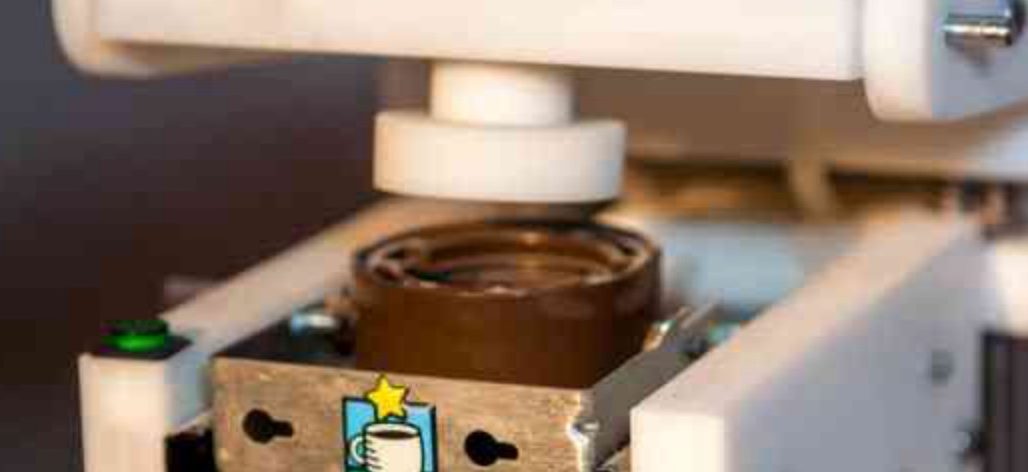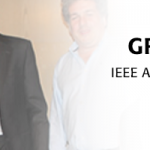Keurig accidentally created the perfect business model for hardware startups
It’s no secret that investors don’t like hardware businesses. Despite the eternal frustration of startup founders, investor distaste in physical product businesses is actually entirely logical. It’s nearly impossible to build a venture-scale business by selling dumb plastic parts at a 30% gross margin.
But the connected, vertically integrated hardware products of today are very different than their dumb counterparts of yesterday. The difference is simple yet profound: it enables hardware businesses to operate with financials that mimic their SaaS brethren. Somewhat surprisingly, the most notable example of this type of business model was pioneered by Keurig, a company few people think of as a hardware business. At Bolt, we believe this is one of the pillar business models of the next generation of hardware businesses, which is why our portfolio has a growing group of companies that follow this paradigm.
The core Keurig system is quite simple: a machine (the brewer) and a proprietary system for packaging single-serve coffee (K-Cups). Like many great hardware inventions, the original Keurig machine was invented in a dorm room and grew slowly. The two founders built prototypes but struggled to gain mass-market adoption until 1996 when Green Mountain Coffee made a large strategic investment in Keurig. With a stroke of brilliance, they later acquired Keurig as a way to efficiently distribute higher margin coffee.
Keurig is one of most successful hardware companies of the past few decades. Except they’re not a hardware company. The vast majority of their revenue comes from coffee. In fact, 228M pounds of coffee per year, or more than 1.25 pounds for every coffee drinking adult in the US. Of the $4.7B in revenue in 2014, only $580M was from hardware sales. That’s less than 15%. Yet, without Keurig’s crucial piece of hardware, the booming business would likely cease to exist.






